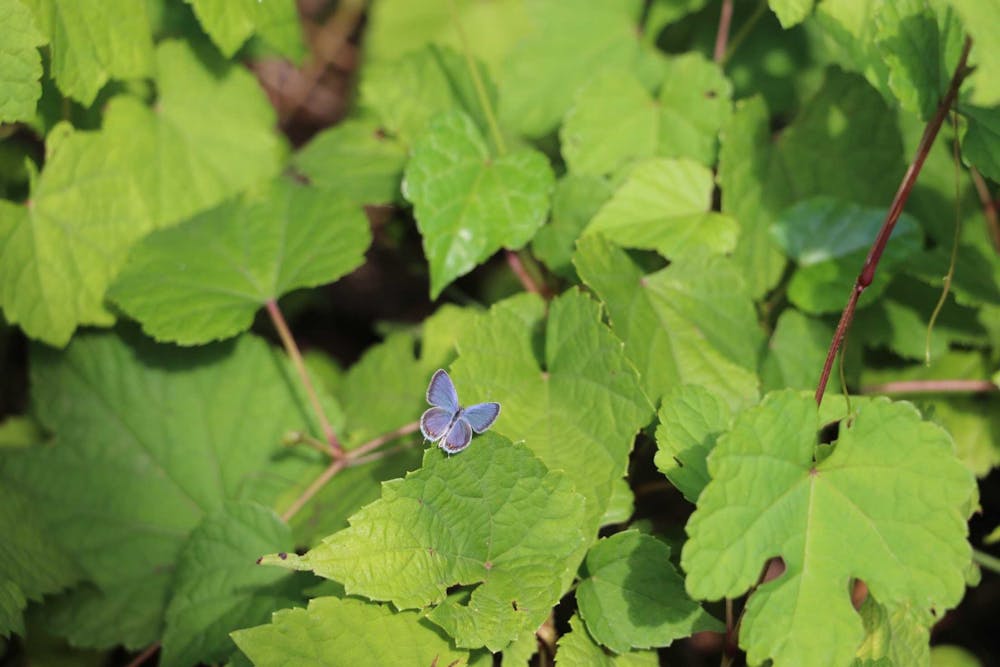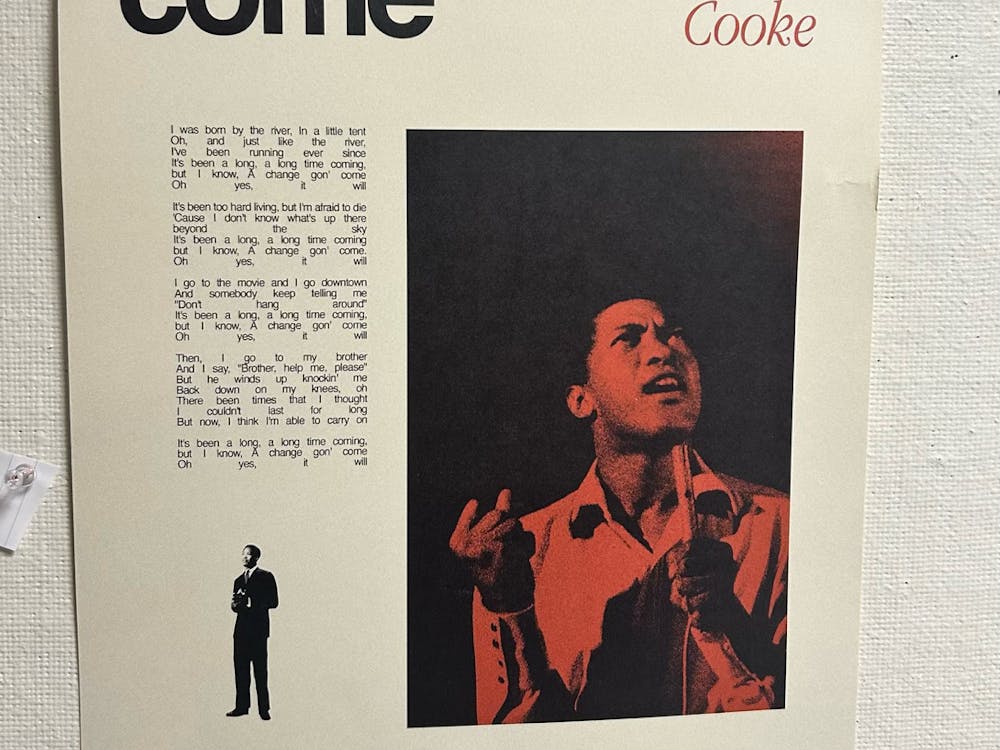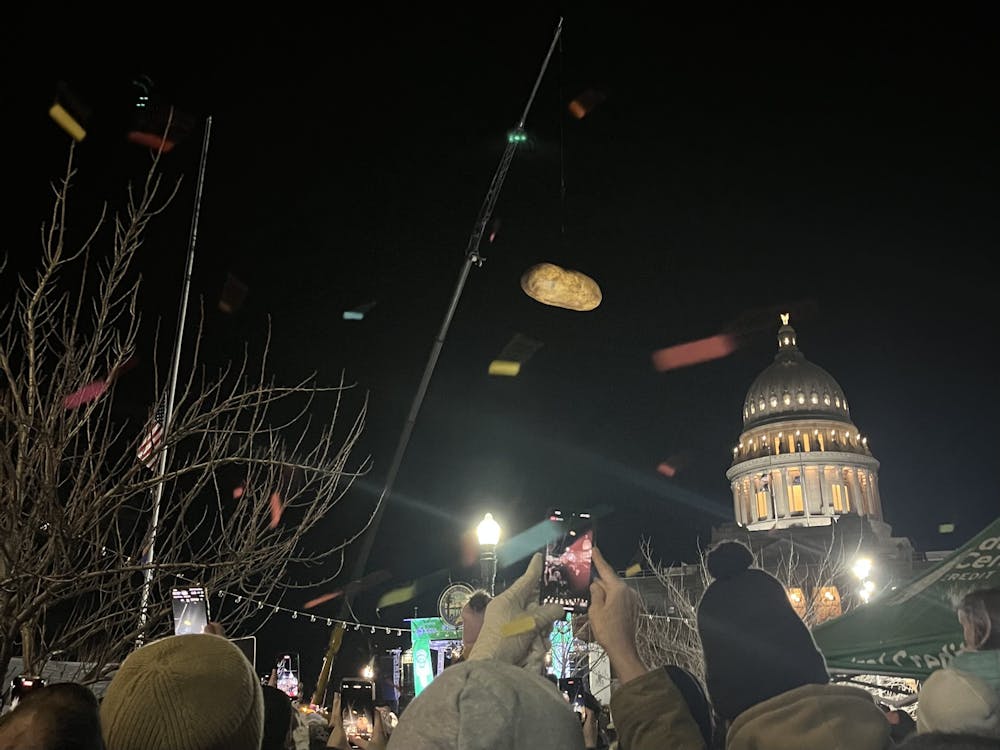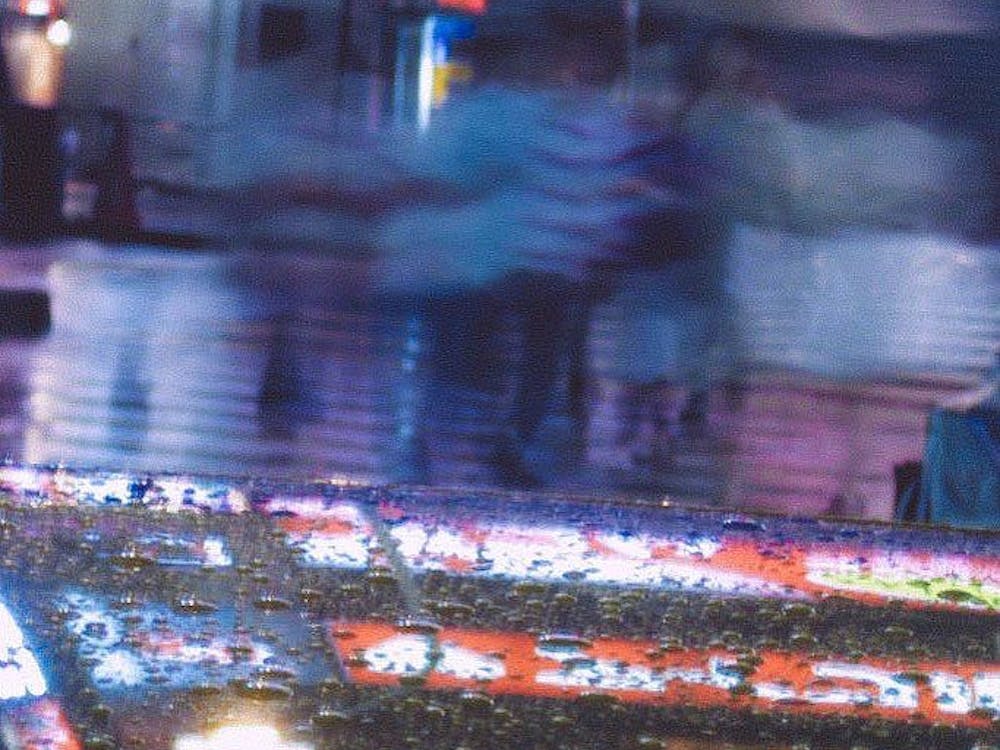Soon after quarantine began, I realized that I tended to run away from my negative emotions. I’d channel my anxiety into The News-Letter’s all-consuming, weekly production cycle. I’d hide my sadness by flitting about M-level. Bury my emptiness at Power Plant Live!. Manifest my stress through low-grade hypochondria.
Suddenly, all my outlets were gone. The News-Letter became online-only and much less taxing. The library closed, Power Plant turned into skribbl.io and the only person for whom I could perform my existence became my then-boyfriend.
Despite an unprecedented pandemic, my hypochondria mostly dissipated, though this was largely because I spent much of the spring and summer dissociating. I often felt disconnected from my body (and any of its symptoms), as if at any moment a giant hand in the sky could come down and yank me away.
I think that many of us dissociated to some degree or another at the beginning of the pandemic. Being robbed of routines and being thrown into a poorly written dystopia was and has been incredibly surreal. For me, dissociating — something I’d generally only experienced while sleep-deprived — became my new way of avoiding my emotions. I dissociated to numb myself to what was upsetting me.
Sometimes it worked. Sometimes I felt so numb that I’d watch compilations of car crashes just to feel something. Sometimes it didn’t work. At my lowest of lows, I’d have panic attacks and cry about feeling worthless.
Throughout my relationship, I told myself again and again that I was too sensitive, that I was too emotional. Dissociating was the imperfect escape.
Of course, my relationship was not all bad — not at all. I found joy in watching movies about nonhuman heroes, in baking cookies, in cuddles, in sonnets, in hydrangeas and daisies near campus and daffodils and hyacinths at Sherwood Gardens.

And of course, I coped with negative emotions in healthier ways, too. I found comfort in cooking, in doing the dishes, in blackberry lemonades from Carma’s and maple lattes from Bird in Hand (okay supports local businesses). I frolicked outside with friends. I went on many, many long walks on the Stony Run Trail and marveled at how the sun shone through the leaves.
I started going to the 32nd Street Farmers Market in Waverly every Saturday and to the Counseling Center every other Thursday. (I know that many of my peers have had bad experiences at the latter, and there is certainly room for structural improvement to the University’s mental health resources. For me, however, my counselor has been amazing.)
But too often did I cope with my emotions by trying to suppress them, by trying to push them so far down that I couldn’t help but feel like I was floating.
I felt grounded again once my relationship ended. It truly felt like a fog had been lifted. I returned to being a hypochondriac and started worrying often about having COVID-19. I no longer felt as though I was detached from myself or my surroundings.
Since then, my counselor has pushed me to address a menagerie of elephants in the Zoom. I’m learning that my emotions are valid and that I shouldn’t downplay them or merely attribute them to pandemic life or my childhood or something I learned about in a psychology class or on the internet. Instead of dismissing uncomfortable feelings by labeling them as irrational, I’m learning how to acknowledge them and explore their true causes and act on them.
I often make jokes with a deadpan tone, so much so that people often tell me they don’t know whether I’m kidding. I tell them I don’t know either; I’m half-kidding when I say that. I’m getting better at knowing. Instead of hiding behind sarcasm I myself can’t decipher, I’m learning that I deserve to communicate how I feel and what I want and what I need — to others and to myself.
I say, “I’m learning,” not “I’ve learned.” Growth is not always linear; I sometimes find myself falling back into maladaptive thought processes and behaviors. But that’s okay! It’s better to be real and to feel real, too. I’m being vulnerable and self-aware instead of telling myself that I’m overthinking things. I’m finding joy in affirming myself and my experiences.
I’m so grateful for everyone who has been there for me these past eight months, who’s helped me become a more authentic self. I’m so grateful for everyone who’s FaceTimed me and gone on walks with me, who’s engaged in pseudo-intellectual banter with me, who’s unearthed meaning in wilted leaves with me, who’s chased squirrels and bunnies on the Beach with me. I’m grateful for leaf sheep and for my stuffed animals (Paxil, a Siberian Husky; Oberon, a sea otter; and Mo, a red panda).
And although they’ve contained some of the worst moments of my life, I’m grateful for the past eight months and the joy I’ve found within them.
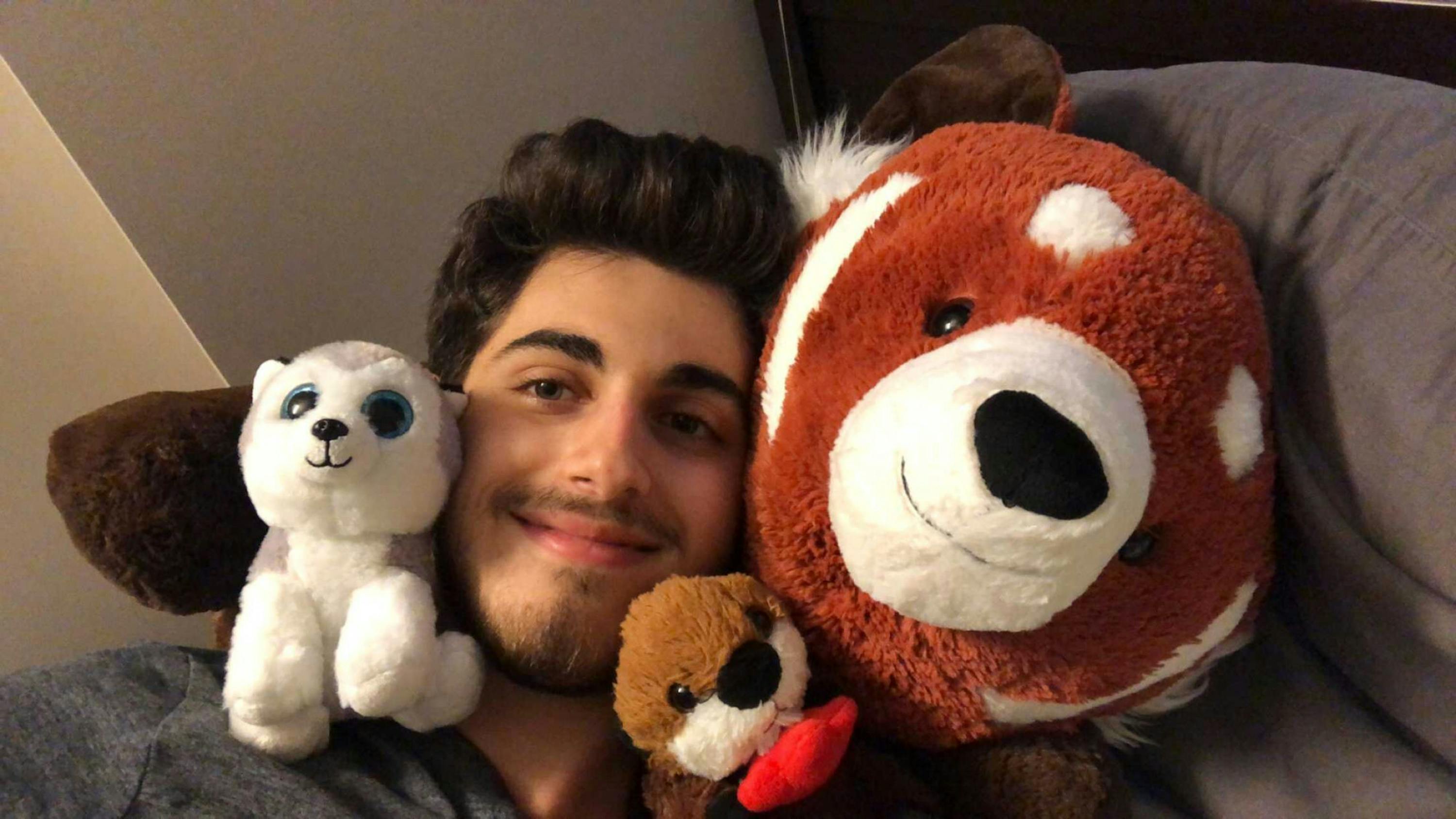
Click here for specific information about the Counseling Center’s services this fall and here for general information about its services. To reach the on-call counselor 24/7, call (410) 516-8278 and press “1.”
The following resources are available for free to Hopkins students: the Calm App, SilverCloud and TimelyMD, as well as these self-assessments.

